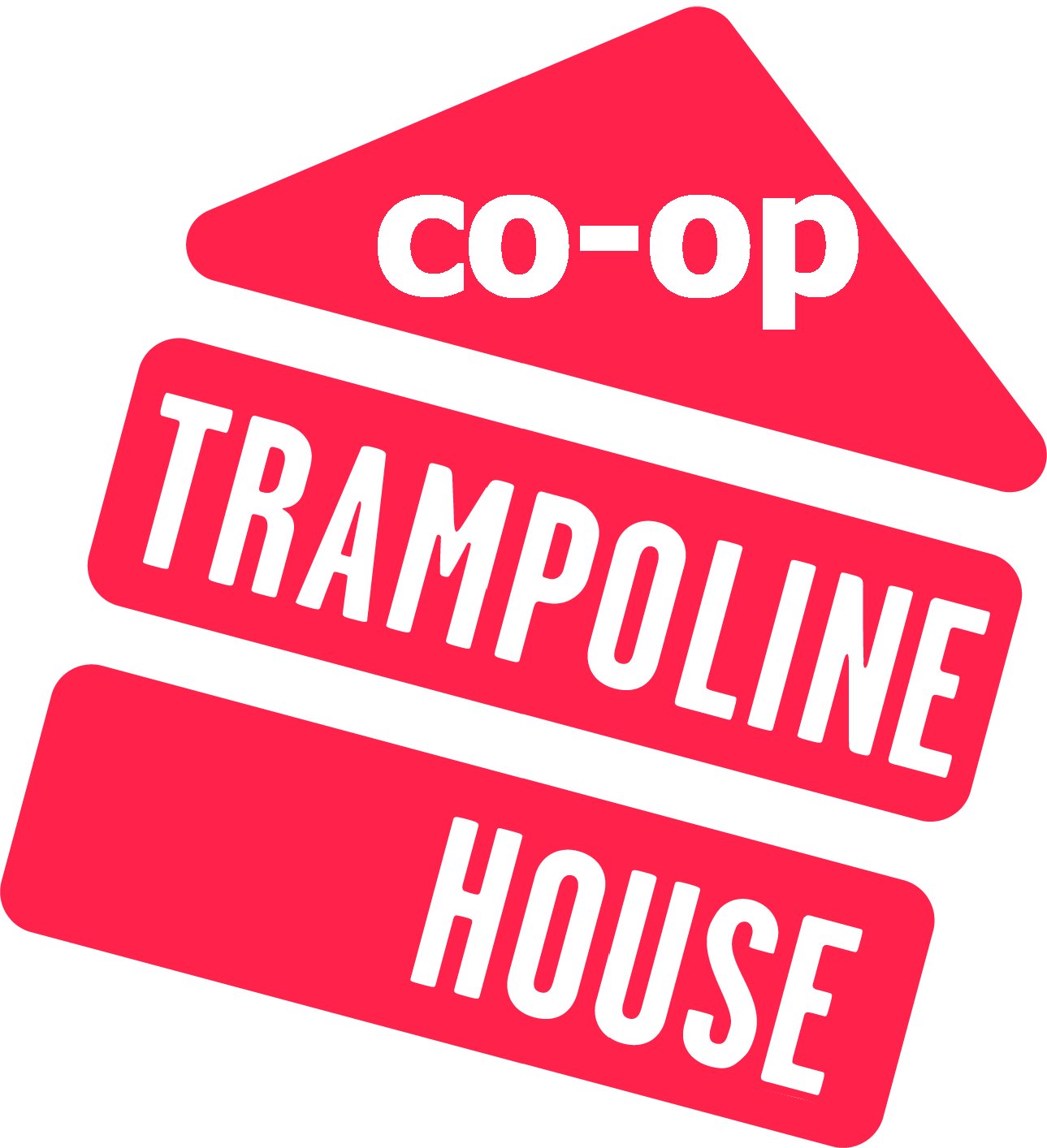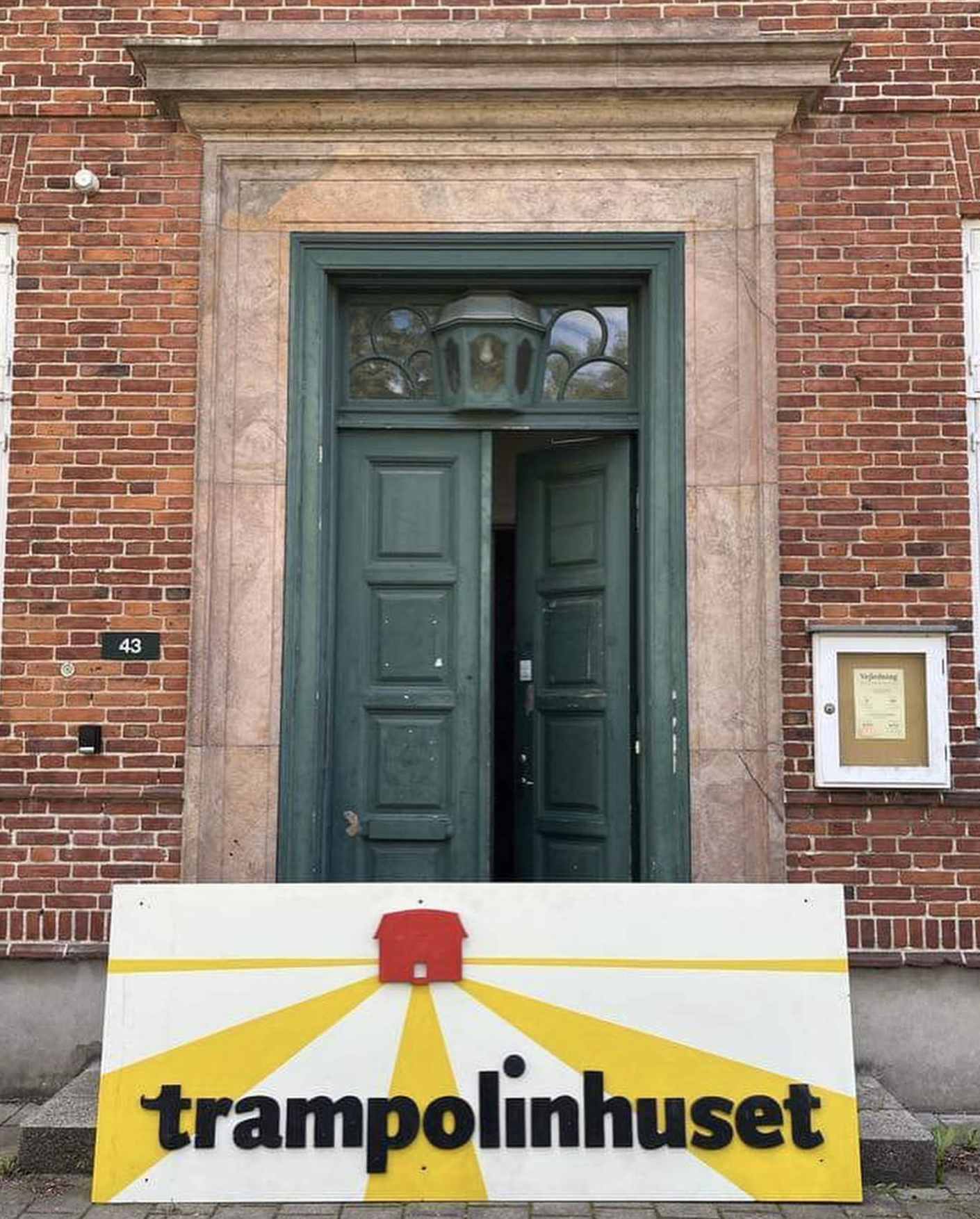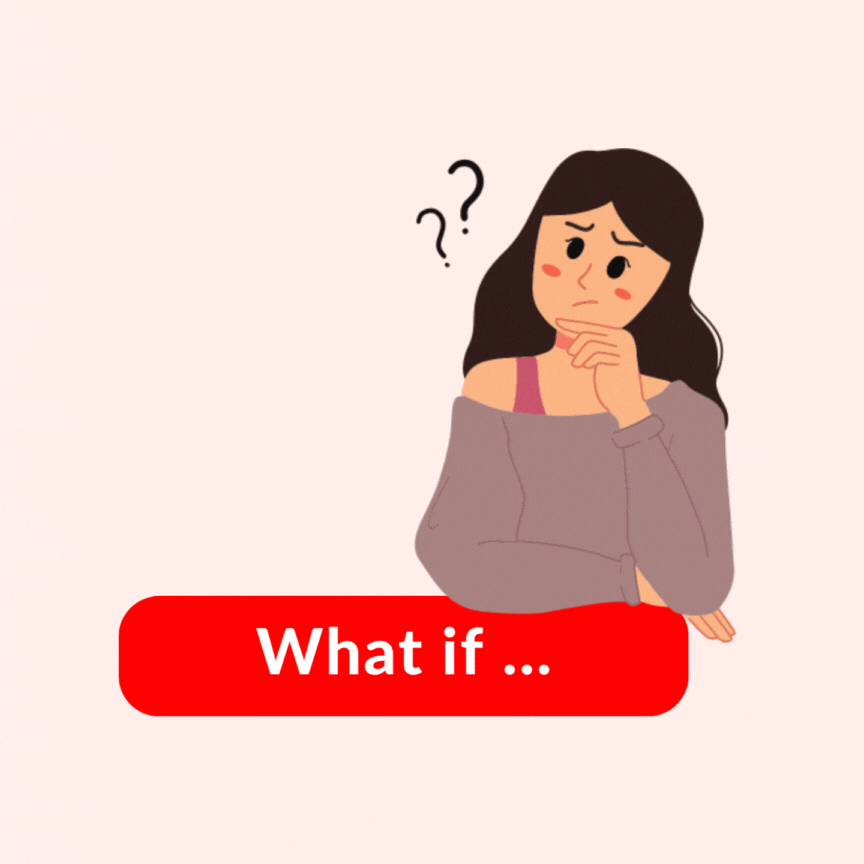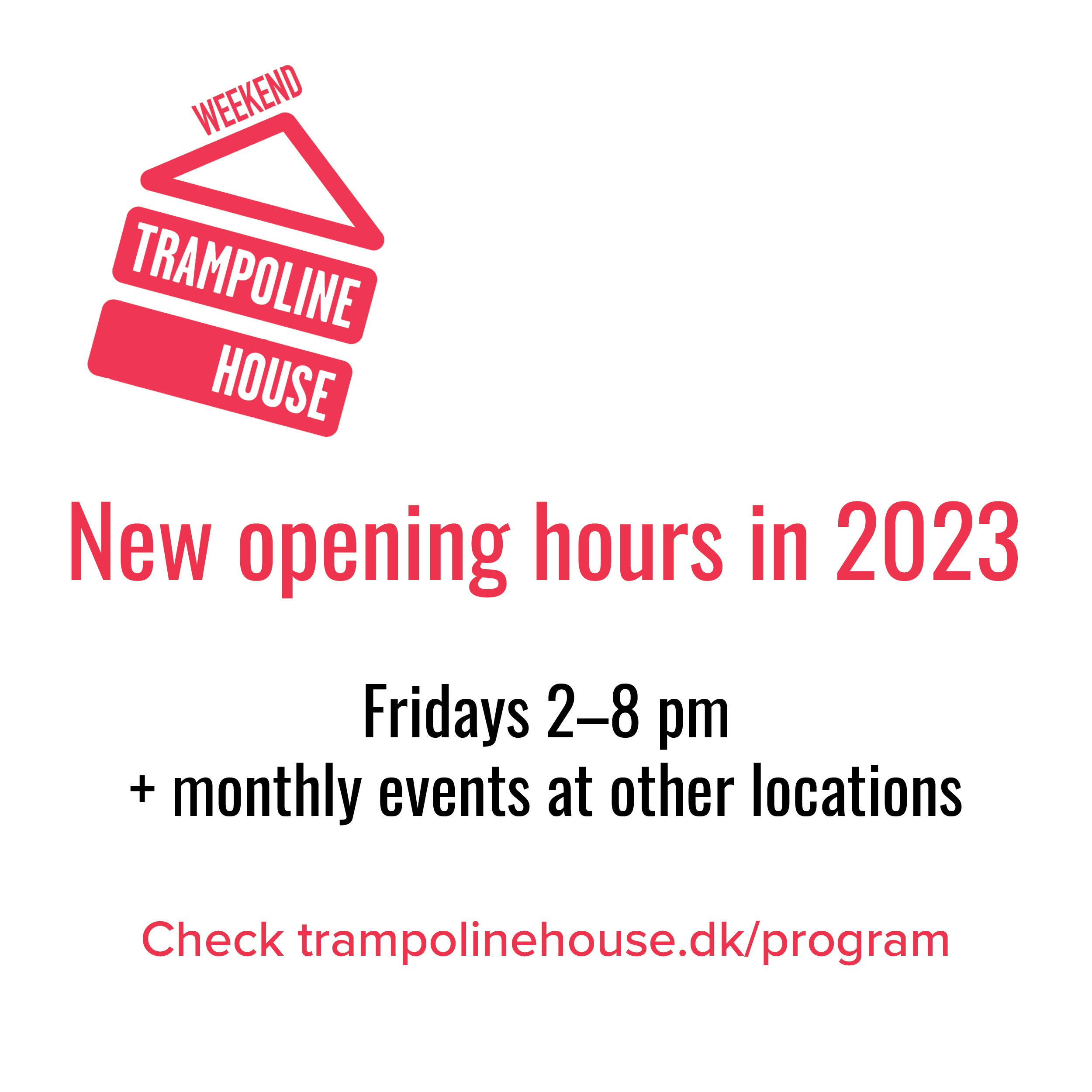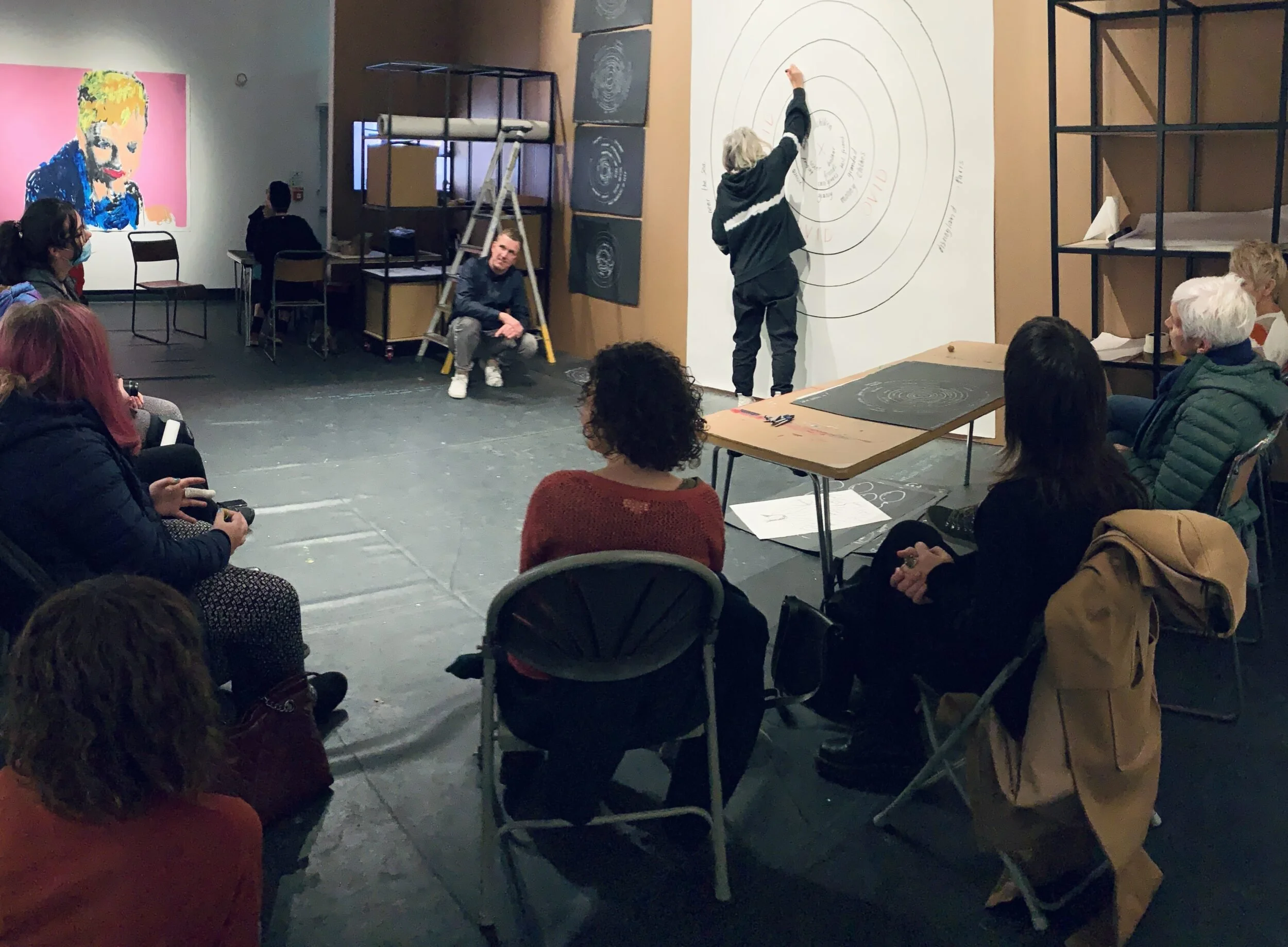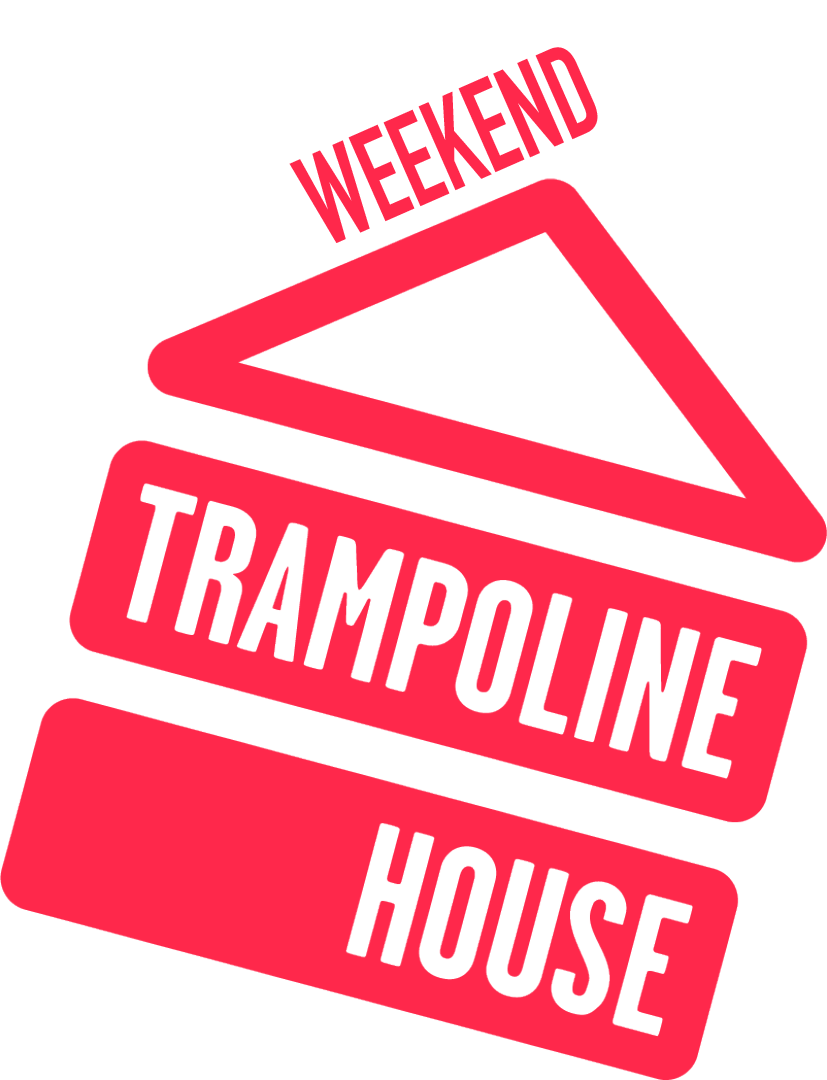The rejected families have had enough: Boycotting Sjælsmark’s cafeteria
Since October 25, children and parents have been boycotting the cafeteria food in deportation center Sjælsmark. They ask for the center to be closed.
By Kajsa Böttcher Messell
The rejected asylum seeker families that are living in deportation center Sjælsmark have had enough of the cafeteria food in the center. The food is boring and lacks nutrients, and the children are afraid of the guards in uniformed police that is guarding the cafeteria. But the residents don’t have other options.
“We can’t cook our own food. Even those with small babies can’t keep hotplates,” tells Eden, 32. She is the mother of Noel, who’s 7. Together with a group of other families, they have been boycotting the cafeteria food in Sjælsmark since October 25.
A locked position
It’s not by coincidence that the conditions in Sjælsmark are bad. To the contrary, the center is designed as a ‘motivating measure’ in order to get rejected asylum seekers to leave Denmark. But many residents don’t have that option. For Eden, the problem is producing the necessary travel documents.
“I don’t have a passport, not even an ID card that can show my nationality. My parents are Eritrean, but I’m born in Ethiopia. When my parents and my sisters were deported from Ethiopia, I was only 13, so I didn’t get any ID or passport.”
Neither Eritrea nor Ethiopia recognizes Eden as a citizen. Denmark has tried to deport her to both countries, but with no luck. The police call it a ‘locked situation’ when a rejected asylum seeker cannot be deported. According to a document from the Ministry of Immigration and Integration, 70 of the 93 children in Sjælsmark were in a locked position by September 8, 2018, and thus living in the center indefinitely.
The fault of the system
Nonetheless, politicians have accused parents in Sjælsmark for taking their children hostage in order to get asylum instead of leaving Denmark. But that’s a faulty logic, according to Eden.
“Where would we leave? If our governments don’t want to take us back, it’s their fault, it’s not our fault. If we travel to a different EU country, the Dublin agreement brings us back to Denmark. Is it our fault, or the fault of the system? But they blame the families,” she says, and almost laughs in resignation.
Eden came to Denmark 7 years ago, when her son was just 4 months old. Many other families in Sjælsmark have also been living as rejected asylum seekers for most of their children’s lives. But since 2016, when the authorities started placing families in the deportation center, the conditions are worse than ever.
‘You Danish people have to raise your voice’
According to a recent report from The Freedom of Movements Research Collective, the motivational measures haven’t made more people leave Denmark. Instead, they have created “the collective criminalisation of hundreds of people, including children, the vast majority of whom have never been suspected or convicted of any crime.”
Eden agrees with this conclusion.
“Our children are in prison,” she says. “We have to fight for them, because the government and the politicians don’t care. We have to fight for them, and the Danish people must make their voices heard – they have to shut down Sjælsmark.”
Read more
We demand justice for stateless refugees in Denmark. March with us in solidarity on June 10 at 1 pm. We gather at Christiansborg Castle Square, from where we march around the inner city, and finish back at Christiansborg for speeches, poetry, and music.
On Saturday, June 17, from 4 pm–01 am, we are throwing a support party for Trampoline House at BumZen on Nørrebro, Copenhagen. Join us with your family and friends for a blast of a party with community kitchen, bar, raffle, DJs and music – and help support Copenhagen's only community center for displaced people❣️
Trampoline House invites the public to a big community meeting about the massive mal-thriving of rejected asylum-seeking children in the Danish deportation system on Thursday, June 1, from 3–5:00 pm at Union, Nørrebro. Come and join us to discuss what we can do!
Trampoline House is hosting a big party on Saturday, April 15 from 6pm–2am in Impact Roasters’ amazing space at Flintholm Train Station 💃🏻🕺🏿🎶 Please come – it’s also your party!
We have just updated our Friday program and event calendar for the Spring 🌱 We have a series of interesting events coming up! Check it out…
Together with five European partners, Weekend Trampoline House has organized a questionnaire survey on young Europeans' attitudes towards refugees and immigrants. The result is discouraging reading to us, but it's good to know the scale of the problem before taking action!
When Weekend Trampoline House opens again after the Christmas holidays on January 6, we will have new opening hours and a new staff member!
Weekend Trampoline House will be closed for the Christmas Holidays from December 19 to January 5. We will open again on Friday, January 6 at 2 pm. Thank you so much for a fantastic 2022 ❤️ Merry Christmas, happy hew year, and see you again in 2023!
🎄 Join us in Weekend Trampoline House for a festive Christmas celebration with Christmas bingo, Christmas film screening, and Christmas community dinner ☃️♥️
On Sunday, December 18, we will continue our free lecture series on the Danish asylum system when Sine Hav from the Danish Refugee Council visits Weekend Trampoline House. She will tell us more about the requirements for applying for a permanent residence permit in Denmark. After the lecture, you are most welcome to join our festive Christmas celebration.
Are you thinking of volunteering in Weekend Trampoline House, or are you already volunteering but have not yet attended an info meeting? Then join this info meeting for new volunteers on Sunday, November 27, from 4–5 pm.
Christmas is coming 🎄⛄️❄️ We celebrate this in Weekend Trampoline House's Children's Club with lots of cozy Christmas activities for children and their parents. Because it's no fun celebrating Christmas in an asylum center or celebrating Christmas in a foreign country you've just fled to. Click to see our festive program 🥨🎁💝´
Please join us in Weekend Trampoline House on Friday, November 11 from 4–7 pm for the launch of the new issue of visAvis, a magazine produced by activists of all backgrounds and passports since 2009. The launch includes readings, film screenings, and food.
The Iranian people from deportation center Avnstrup invite you to their demonstration on Saturday, November 5 at Christiansborg Slotsplads, Copenhagen from 2–4 pm. Iran is not safe – therefore, the Iranians who are living in Danish deportation centres demand to get their asylum cases reopened and not be subjected to the deporation center system!
📣 Are you in Kassel in the coming weeks to see the groundbreaking documenta fifteen exhibition before it closes on September 25, then Trampoline House would be very happy to see you to one of our events about the global north’s dysfunctional asylum policies and how to imagine asylum differently. All events are free and conducted in English. Click to read more 👉👉🏽👉🏿
Weekend Trampoline House now offers free legal counseling to asylum seekers, rejected asylum seekers, and refugees with residence permit in Denmark every second Friday (uneven weeks) from 2–6 pm and every second Sunday (even weeks) from 2–6 pm by Weekend Trampoline House’s legal counselor Michelle Keun-Rasmussen. Click for more info…
Are you thinking of volunteering in Weekend Trampoline House, or are you already volunteering but have not yet attended an info meeting? Then join this info meeting for new volunteers on Sunday, August 28, from 4–5 pm.
Join us for one of this year’s coolest summer parties and support Trampoline House's work for refugees and asylum seekers in Denmark at the same time. The party takes place on August 20 from 6 pm–2 am at Kapelvej 44, 2200 Copenhagen N. Click to read more…
This summer, Trampoline House will be exhibiting art projects, doing performances, and hosting workshops in Germany as part of the major contemporary art exhibition Lumbung – documenta fifteen. Trampoline House is one of 14 lumbung members in documenta fifteen, which will take place over 100 days from June 18–September 25, 2022 in Kassel, Germany.
On Sunday, we will continue our lecture series on the Danish asylum system when Anne Lund Preisler Herbst from the Danish Refugee Council visits the Weekend Trampoline House. She will tell us more about the so-called paradigm shift in Danish immigration policy, which was adopted by the Folketing in February 2019.
We are so proud to announce that Project Art Works, a collective of neurodiverse artists and activists from the UK, will visit Trampoline House from May 20–22 to conduct a workshop with people from the house. Titled "Massaging the Asylum System", the workshop runs over two days and is for people in the Danish asylum system and in the Danish integration program.
📣 Trampoline House is co-organizer of a big demonstration on Sunday, April 17, in Copenhagen, which protests against Denmark's forced deportation practices that divide families and allow the use of force.
On May 1, you can learn more about the poor health conditions of refugees at Europe's borders. It happens when the film festival Global Health Film Days in collaboration with Doctors without Borders Denmark and Weekend Trampoline House invite the public to a film and debate event in the Apostle Church in Copenhagen about the living conditions of refugees and asylum seekers in the notorious Moria refugee camp on the Greek island Lesvos.
Super exciting puppet workshop with Joachim Hamou this Friday in Weekend Trampoline House. The workshop is part of Trampoline House’s contribution to the documenta fifteen exhibition, which takes place in Germany this summer❣️
This Sunday, Dr. Poornima Luthra will conduct a workshop in Weekend Trampoline House on diversity, equality, and inclusion. What we can all do to become an active ally of inclusion. Everyone is welcome!
On Friday, March 11, Michala Clante Bendixen from Refugees Welcome Denmark will pass by Weekend Trampoline House's house meeting to tell us more about the special law for Ukrainian refugees, which is expected to be passed in the Danish Folketing within a few days. Everyone is welcome!
On Sunday, February 27, Mads Melin from the Danish Refugee Council will give a lecture in the Weekend Trampoline House on the asylum procedure in Denmark. Everyone is welcome!
On January 28, 2022, the refugee justice community center Trampoline House re-opens in a smaller version under the name "Weekend Trampoline House" in the Apostle Church's parish house in Vesterbro in Copenhagen. Warm welcome to a festive opening reception from 5–9 pm. There will be live music, light food and beverages, and you can learn more about the new house and how to become a part of it. Click to read more…
